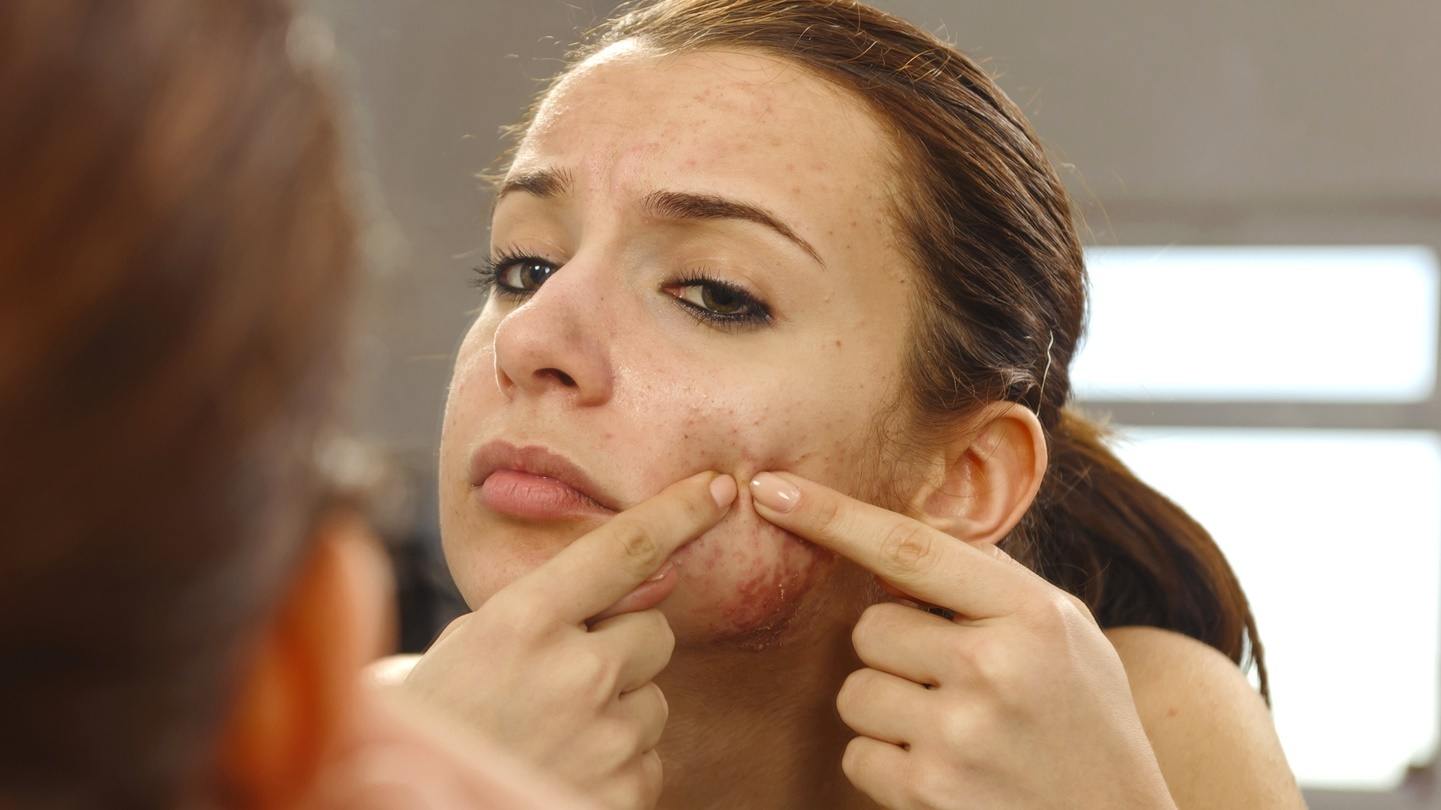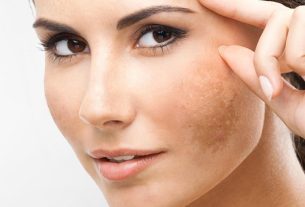Many women tend to use “acne contraceptives” for years to combat pimples. Does it really work?
Surely if you have a lot of acne you will have heard that the use of contraceptives helps to combat unwanted pimples and blackheads. But does contraceptive against acne really work or is it just a myth?
First of all you need to know what acne is. Acne is nothing more than an injury caused by increased sebum production from the sebaceous glands. It is an inflammatory skin condition that occurs when hair follicles (regions where hair grows) become clogged with sebum and dead cells. Thus causing pimples, blackheads and scars.
Contraceptive against acne? hair? gain or lose weight? See information about acne and then about the medicine.
Types of acne
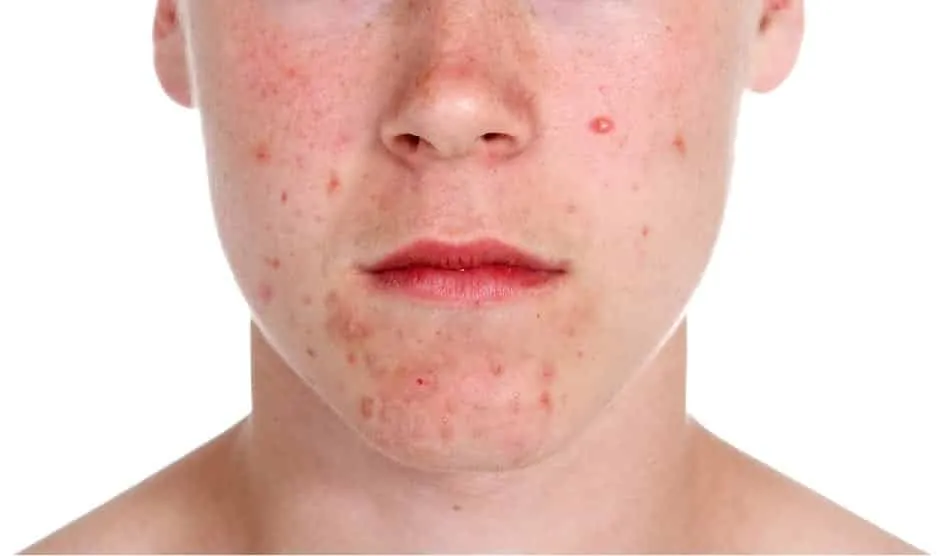
It has some types and variations.
- Neonatal acne: occurs due to certain hormones that are passed to babies through the placenta by their mothers shortly before birth.
- Infant: It can happen in babies between 3 and 16 months of age. It usually disappears when the child reaches two years of age.
- Acne vulgaris: These are the ones that usually appear in teenagers, especially during puberty. It is the most common type.
- Conglobata: It is a very rare type, it happens more in young men. In this case, pimples develop on the face, chest, back, arms and thighs. Furthermore, they tend to be quite large.
- Fulminant: It is definitely the most serious type. This is when there are a large number of pimples developing very quickly on the back and chest. Just like the previous one, this one happens more in boys.
Graus gives acne
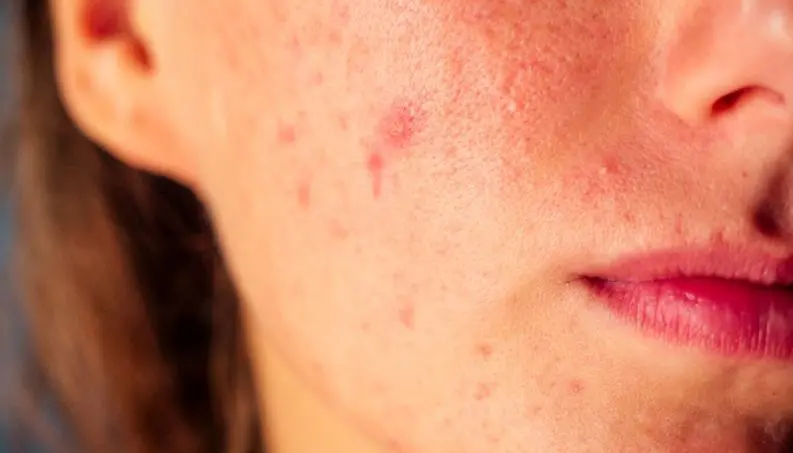
Grau 1: Basically it is the lightest level. However, it must be treated just like others. It is made up of small blackheads that can be closed or open.
2: Just like the first degree, this one has blackheads but they are accompanied by pimples with pus.
3: In short, this degree presents larger, reddish and well-hardened lesions.
4: In this case, the injuries are so severe that they are even exposed and open. They even generate scars after treatment.
5: Finally, this is definitely the most serious case and causes acne lesions to evolve into ulcers and systemic symptoms.
Contraceptive for acne

In fact, acne is more common in teenagers, but although it is not very common, it also appears in adult women. And in some cases it gets worse days before menstruation.
According to dermatologists, there are several factors that trigger acne in adult women, including hereditary factors and hormonal fluctuations. But mainly due to some habits such as stress, smoking, unhealthy eating and the use of inappropriate cosmetic products.
In principle, the contraceptive pill is a method used to prevent unwanted pregnancy. However, the medicine causes effects that reduce the oiliness of hair and skin. Therefore, as soon as you don’t have oily skin, pimples and blackheads decrease. Bearing in mind that oily skin is prone to acne.
It is extremely important that first of all you make an appointment with your dermatologist to check whether your acne is in fact caused by hormonal factors. In these cases, the pill does bring benefits, as it works to reduce sebum production.
Also check out: When should a woman start taking contraceptives?
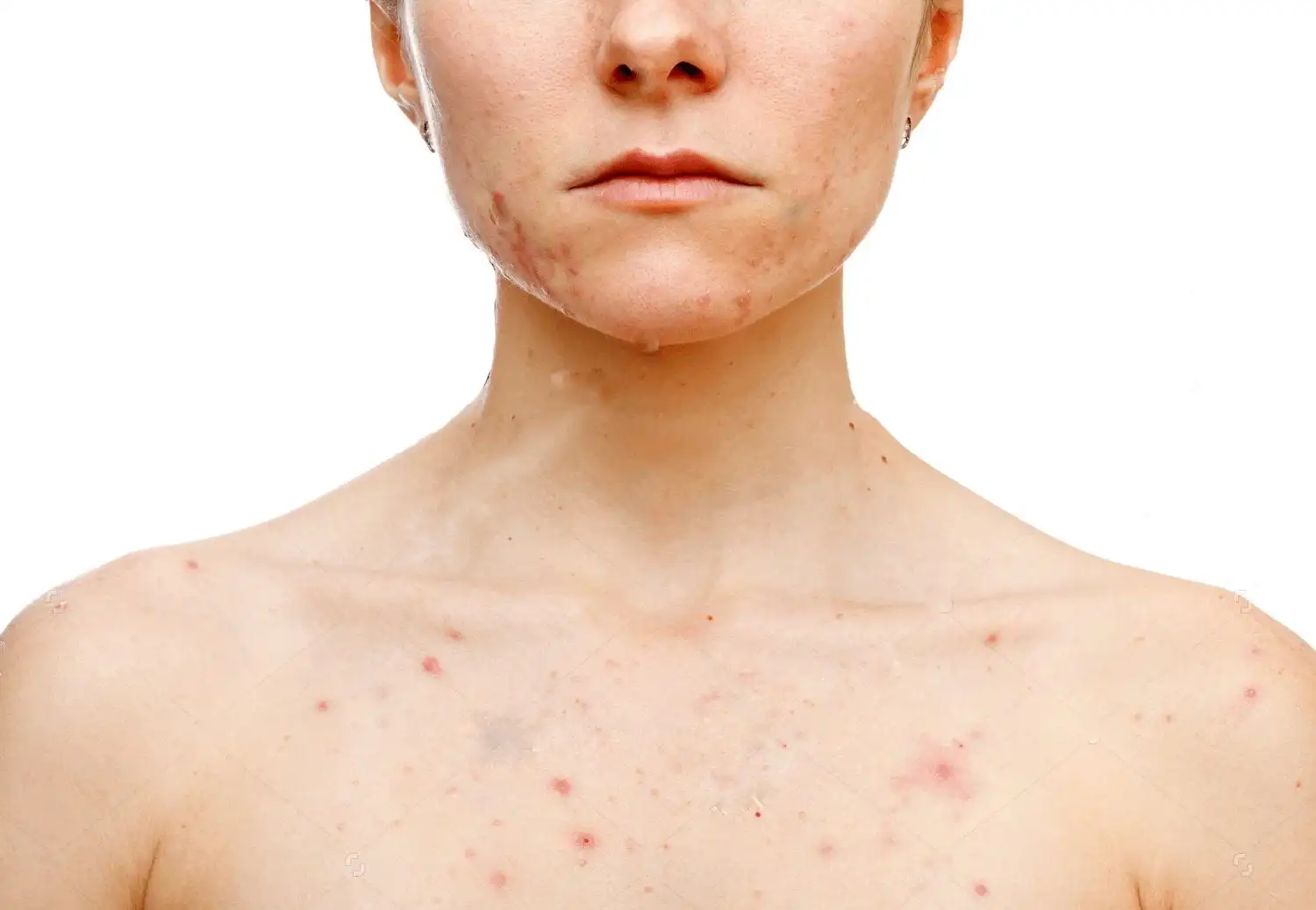
Attention:
Contraceptives are not recommended for every woman, as they contain a high concentration of hormones that can lead to negative effects, such as thrombosis. Therefore, it is necessary to undergo tests to identify whether or not you can opt for this type of acne treatment. There is no point in being without acne and developing another health problem.
If your case of acne is not due to hormonal factors, do not despair, as there are several other forms of acne treatment that are highly effective and some are not hormone-based, which is very good.
Read also: Discover what cuts the effect of contraceptives
Source: Your Health Marie Claire My Life
Featured image: Ratraca Livre

Sign up for our newsletter and stay up to date with exclusive news
that can transform your routine!
Warning: Undefined array key "title" in /home/storelat/public_html/wp-content/plugins/link-whisper-premium/templates/frontend/related-posts.php on line 12
Warning: Undefined array key "title_tag" in /home/storelat/public_html/wp-content/plugins/link-whisper-premium/templates/frontend/related-posts.php on line 13

